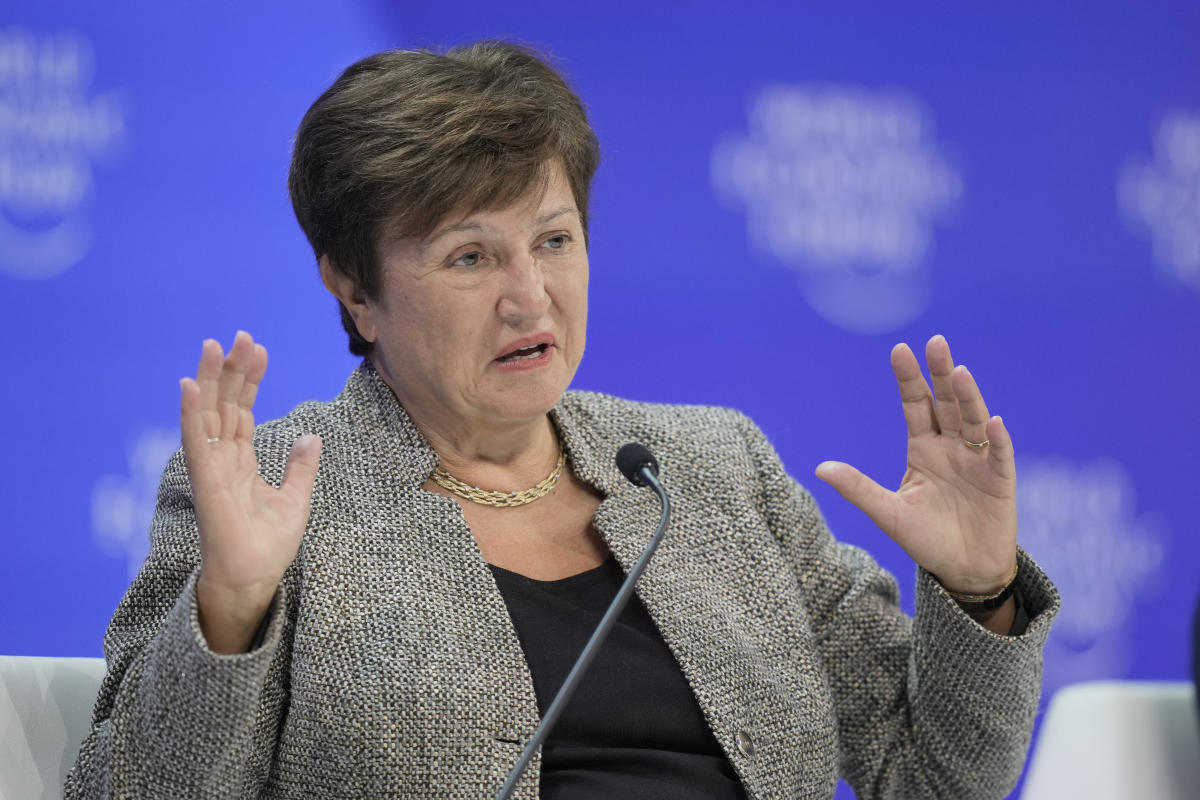During the recent meeting of the International Monetary Fund (IMF) and the World Bank, IMF head Kristalina Georgieva expressed her concerns about the global economy. While the world economy has shown resilience in the face of challenges like higher interest rates and conflicts in Ukraine and Gaza, there are still areas of concern. One such concern is stubborn inflation, which, although down, is not completely eradicated. In the United States, strong economic growth has been met with a delay in bringing down inflation rates.
Georgieva also highlighted another area of worry: rising levels of government debt worldwide. In 2021, government debts increased to 93% of global economic output, up from 84% in 2019. This increased spending was a response to the COVID-19 pandemic, where governments had to provide healthcare and economic assistance. Georgieva emphasized the importance of countries efficiently collecting taxes and managing public spending to build fiscal resilience for future shocks.
The IMF has forecasted a 3.2% growth for the global economy in 2024 and 2025, following a modest upgrade from previous forecasts for 2023. Despite this resilience shown by the world economy, it still lags behind historical growth rates. One reason cited for this slow growth is the lack of significant improvements in productivity.
Georgieva highlighted the need for countries to better match workers and technology and address aging labor forces that may limit economic growth potential. She pointed out that countries could potentially boost their economic growth rates by reducing bureaucratic red tape, increasing women’s participation in the workforce, and fostering innovation.
In conclusion, while there are signs of resilience in the global economy, there are still areas that need improvement. The persistent challenge of inflation remains unresolved despite some progress made towards bringing it down. Additionally, rising levels of government debt continue to pose a threat to fiscal stability.
To overcome these challenges and build sustainable economic growth for future generations, countries must focus on improving productivity through targeted policies aimed at better matching workers with technology and addressing labor market issues like aging workforces and gender imbalances. By doing so
